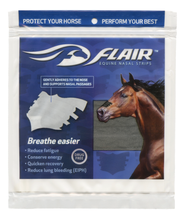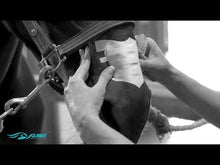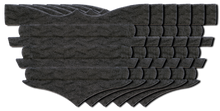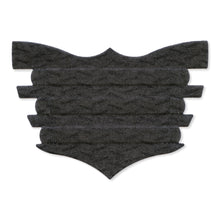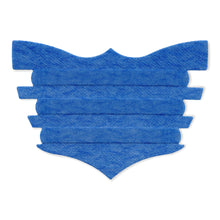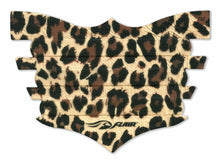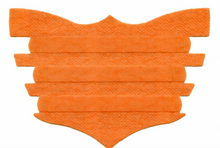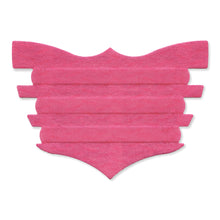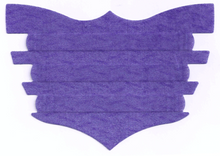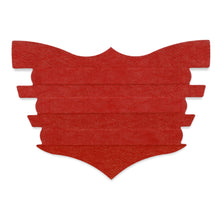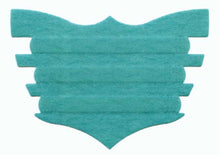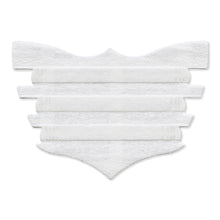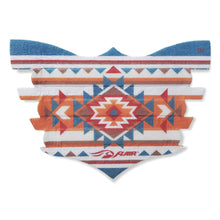
Developed by veterinarians, FLAIR® Strips are drug-free, self-adhesive nasal strips that promote optimum health of equine athletes, in all disciplines and every level of competition. The Strips gently support the soft tissues over the nasal passages to reduce airway resistance and improve airflow when your horse needs oxygen most. The equine athlete health benefits from wearing FLAIR Strips include:
Breathe Easier
The spring-like action in FLAIR Strips supports the soft tissues over the nasal passages (the narrowest part of the upper airway) to reduce the tissue collapse that occurs in all horses during exercise, making it easier to breathe in oxygen.
Reduce Fatigue
By reducing resistance to airflow to make breathing easier, horses don’t tire as easily so they can work longer and harder.
Conserve Energy
Horses wearing FLAIR Strips have been shown to exert 5-6% less energy during intensive exercise.
Recover Faster
When horses’ nasal passages are supported during the cool-down phase of recovery, they are able to move air more easily to cool down and recover quicker.
Reduce Exercise Induced Pulmonary Hemorrhage (EIPH)
FLAIR Strips reduce resistance to breathing, which puts less stress on the fragile pulmonary blood vessels in the lungs, resulting in fewer ruptured pulmonary blood vessels.













